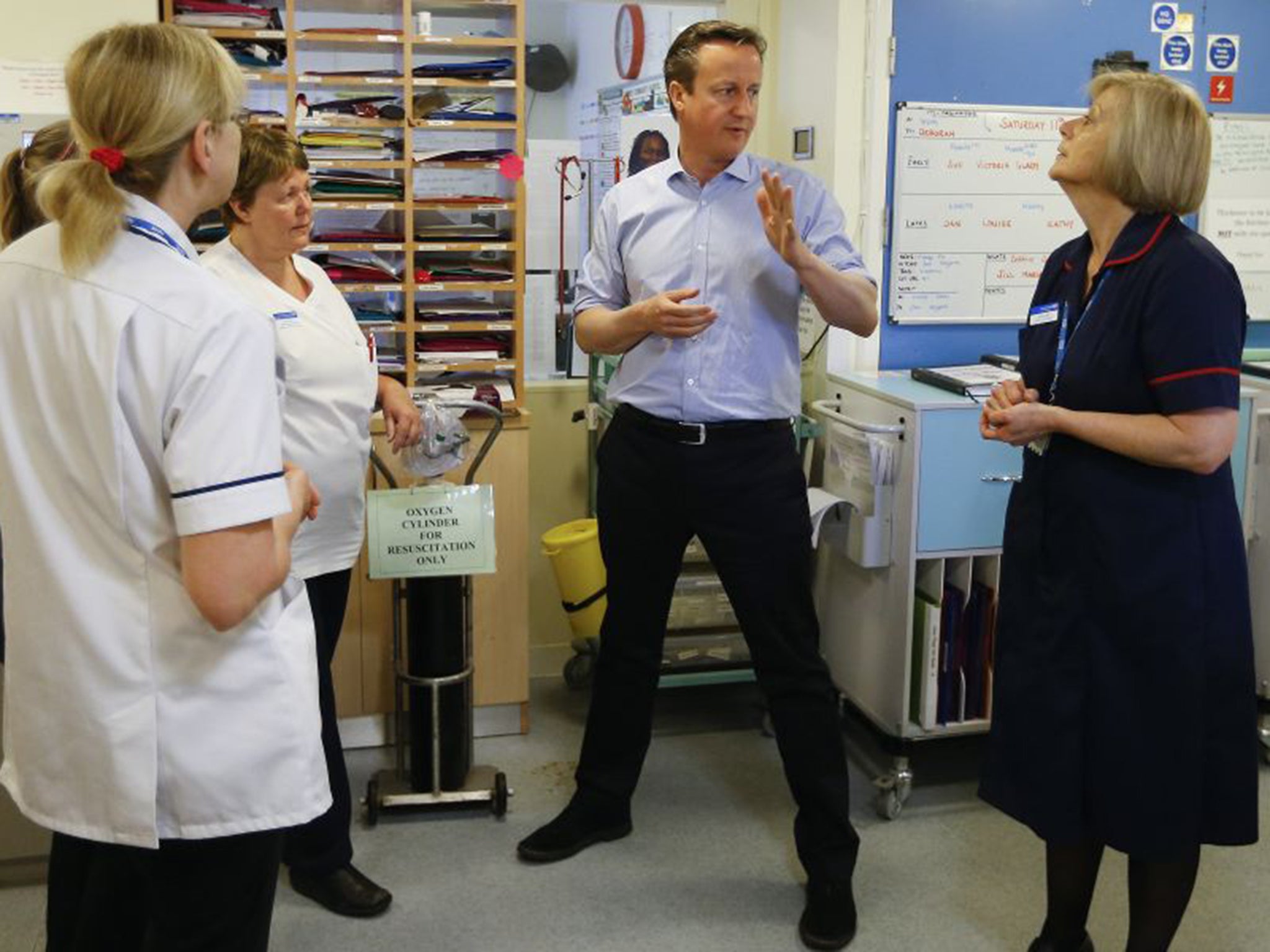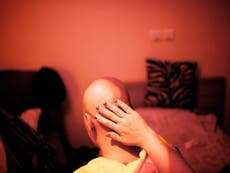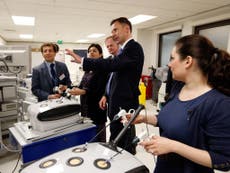How can we save the NHS? Rediscover the stiff upper lip
What is needed is some internalised restraint, a fashion for fortitude, a campaign to make coping cool and stoicism sexy

Wednesday’s Queen’s Speech was remarkable in one regard. There was no new legislation on health (bar a reference to a seven-day service). It will not have been far from ministers’ minds, however. How to protect the NHS and prevent it becoming electorally toxic in five years’ time is one of the toughest challenges the new Government faces.
So let me float my plan to save the NHS. Fiduciary options from introducing social insurance and GP charges to full-scale privatisation have been endlessly rehearsed. The rationing of treatments, or limiting the NHS to a set of core services, have been the subject of heated debate.
My plan is different from these. It is to bring back stoicism. We need a campaign to reinstate the British stiff upper lip and recognise that medicine does not have the answer to all our ills.
The aim should be not to make people better, but to stop them feeling so ill. Hypochondriasis is a modern disease. More than a decade ago the splenetic Spectator columnist, Theodore Dalrymple, observed that a visit to the doctor is the nearest most people come to a social engagement. But as we are healthier now than ever before, we have to find reasons to attend the surgery. So, we stir ourselves up into a state of panic.
GPs, in particular, claim they are overwhelmed. Their capacity to help those who could benefit from treatment is being jeopardised by ever-increasing demands from those who cannot. What is needed is some internalised restraint, a revived fashion for fortitude, a campaign to make coping cool and stoicism sexy. Stoicism, not commercialism, is the way to save the NHS.
When I contemplate my own medical history and ask how much of the treatment I have had over my lifetime was really necessary, I am forced to recognise that it was – not much. I would have suffered without two of the four operations I have had – but the remaining two made little difference. As for the appointments and investigations I have endured that revealed nothing, or for which nothing could be done, they are countless. Now that I am older I am more accepting (I like to think) of the symptoms I develop. I tell my family “things come and things go” and encourage them to get on with their lives. But I recognise that, with a bit of restraint, I might have saved the NHS thousands, possibly tens of thousands, of pounds.
One of the puzzles of medicine is why some patients feel ill while others, with the same symptoms, do not. Research suggests that individuals with a slightly gloomy or nervous aspect are inclined to look out for new sensations and to interpret them more negatively than those with a more positive outlook. This is seen, for example, in patients with chronic fatigue syndrome, irritable bowel syndrome, and those who complain of chronic pain. Encouragement to see symptoms as normal rather than abnormal can transform a person’s outlook and hence their health.
Astute readers will notice that my proposed campaign has something in common with the “Choosing Wisely” drive announced last month by the Academy of Royal Medical Colleges, representing the 20 royal colleges and faculties of the UK and Ireland. Recognising that some treatments, such as X-rays for back pain and antibiotics for influenza, are inappropriate of no help and are, therefore, a waste of NHS resources, they mean to row back against the over-medicalisation of illness.
Their aim is admirable. They want an end to the culture of “too much medicine”, in which doctors feel compelled to do something, often under pressure from the patient, even though they know the treatment they offer is unlikely to work. They mention asthma, prostate cancer and chronic kidney disease as examples of conditions where patients are over-diagnosed, over-treated and receive unnecessary care.
But wise and welcome as the Academy’s move is, it has a lethal flaw. To call it “Choosing Wisely” is to use weasel words. It is the worst kind of politician-speak. If doctors dare not say what they mean, they should not say it at all. Patients and the public will see through it in an instant – and suspect that underlying it is a secret plan to ration treatments on the NHS. Indeed, the first response from the Patient’s Association raised precisely that spectre.
Yes, it is true that all treatments carry risk and the potential harm where there is minimal evidence of its effectiveness may outweigh the likely benefit. But that is a side effect – a side benefit, if you like – of the Academy’s drive. This is about restraint, it is about fortitude, it is about tolerating change to your body or mind and, yes, discomfort too. It is about stoicism.
Stoics are made, not born. The capacity to tolerate discomfort and suffering is heavily dependent on parental attitudes. Parents who are supportive rather than dismissive of a child who injures itself, help to develop coping mechanisms. A parent who takes time off work for minor illnesss and complains constantly sets a different example from one who rarely complains.
Stoicism can help you to keep a job and get through life. But it needs to be tempered by medical reality. Arthritis is an area in which the traditional stoic patient is treated later than he or she should have been. So is cancer. Complaining can be good for you.
Most minor ailments, however, will get better of their own accord, or if they don’t get better they will diminish in importance. All treatments carry side-effects that may be worse than the disease itself. Doctors should be avoided wherever possible and regarded as a court of last resort where not. This is our best hope for the future of the NHS.




Join our commenting forum
Join thought-provoking conversations, follow other Independent readers and see their replies